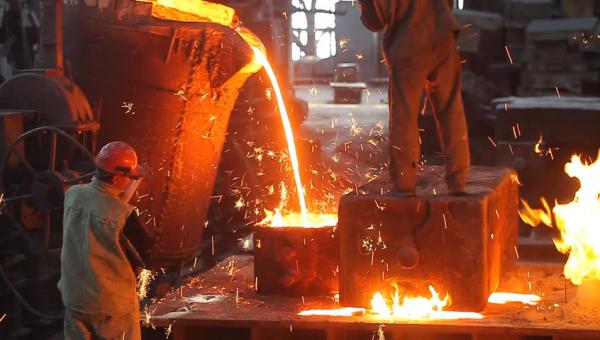The German research institute Centre for Solar Energy and Hydrogen Research Baden-Württemberg (ZSW) has received a grant to continue its investigation into recycling lithium-ion battery electrodes.
ZSW was presented with the notice of award for a €870,000 ($1 million) grant as it looks to prevent Germany’s lithium-ion battery material supply becoming vulnerable to bottlenecks and price risks.
Researchers will conduct a feasibility study called ‘Cathode and Anode Materials from Recycled Lithium Ion Batteries’ (shortened to RecycleMat) to investigate efficient recycling processes to recover lithium, nickel, cobalt and natural graphite from discarded battery electrodes.
Its goal is to recover as much material as possible for direct reuse in making electrodes.
ZSW scientists at Ulm aim to mechanically separate components from end-of-life batteries or from waste produced when manufacturing cells. They will then purify the components and subject the active materials to thermochemical aftertreatment.
Germany’s Ministry of Economic Affairs, Labor and Housing Baden-Wuerttemberg is funding the study for two years.
The project follows The European Union designating cobalt, lithium and natural graphite as critical as demand from the mobile and stationary lithium-ion battery sectors continues to grow.
Dr. Margret Wohlfahrt-Mehrens, who heads up Accumulators Materials Research at ZSW in Ulm, said: “Future demand for lithium-ion batteries for electric vehicles and for short-term storage of green electricity will surely be enormous.
“The development of a recycling concept to recover as much raw material from spent batteries as possible can be decisive to the sustainable supply of these resources and could considerably reduce the amount of material and energy required for new cells.”
Germany’s minister of Economic Affairs, Hoffmeister-Kraut, said: “In future, sustainable and competitive value chains will have to include the optimum recycling of products at the end of their useful life. When it comes to recycling batteries, we are taking an important step in the right direction with the RecycleMat project.”
Some recycling companies melt down entire lithium-ion batteries or cells, and treat the residue and slag with complex processes.
However, during commercial-scale smelting valuable metals such as cobalt, nickel and copper can be lost to the high temperatures that produce slag. These processes are also unable to recover components such as lithium, manganese and aluminum.
Hydrometallurgical and thermal processes can recover relatively small amounts of recyclable resources.
The ZSW researchers expect the material and process data obtained during the study to provide a foundation for resynthesising materials.
Industry partners will help assess the resulting products.












